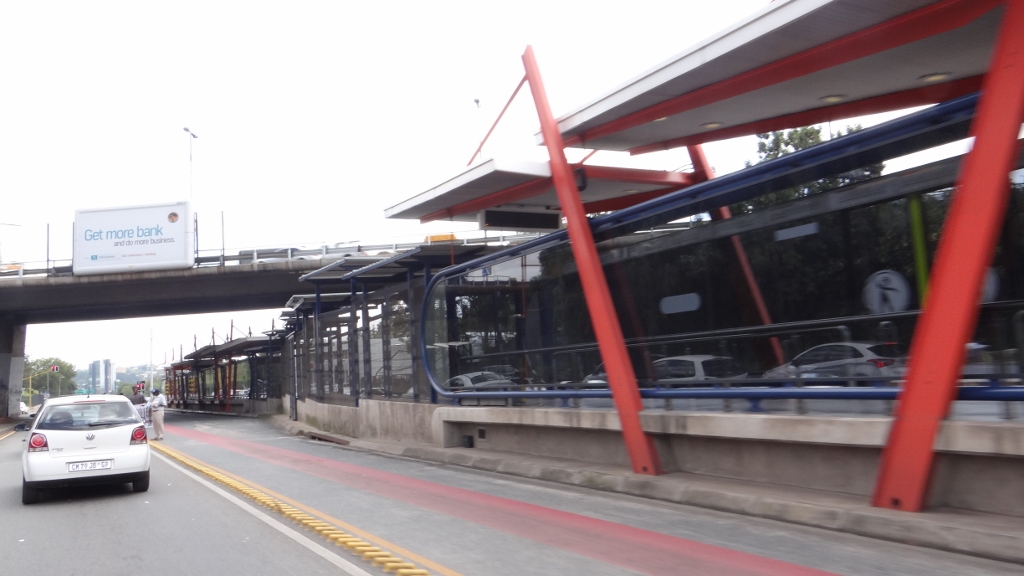Our Senior Programme Coordinator, Mike Makwela, has co-authored an article on the ‘Planned stitching, practical suturing: assembling community voices and mobilisation across difference in Johannesburg’s corridors of freedom.’
Makwela co-authored the article with Dr Margo Rubin from the Cardiff University and Dr Romain Dittgen. The published article is available for downloading on Taylor and Francis Online Journal.
This paper presents the experiences of a team of engaged-researchers, a long-standing NGO, Planact, in partnership with University-based scholars jointly investigating the Corridors of Freedom (CoF) development process.
Interested in the ways in which the CoF initiative sought to ‘stitch’ the city together, the authors’ contribution to the project was to engage with different communities, clarify their different experiences with participation in the Corridors development and explore the possibility of collaboration across these different communities.
This paper, which reflects on the findings of a two-year research project and collaboration, joins a long list of community-focused and engaged research in South Africa.
Background
In 2016, Planact undertook a social facilitation role as part of the overall research project, “Governing the future city: A comparative analysis of governance innovations in large scale urban developments in Shanghai, London, and Johannesburg.”
The project, running from January 2016 to February 2018, had three primary partners, one in each of the locations: University College London, United Kingdom; the University of the Witwatersrand in Johannesburg, South Africa, and Pudong Urban Planning and Design Institute in Xiang Luo, China.
In China and South Africa, the primary partners were assisted by consultants, community researchers and non-governmental organisations (NGOs), to undertake aspects of the overall research project. To this effect, Planact partnered with the University of the Witwatersrand to provide social facilitation.
The case study chosen for Johannesburg focused on the City’s “Corridors of Freedom” project. The CoF is an ambitious mega project, with a long-term time horizon that is based on corridor- and transit-oriented developments planned along existing transport arteries.
According to the City of Johannesburg, the routes were intended to consist of high-density accommodation, office buildings and retail/leisure developments. Its emphasis is on “re-stitching” the City and transforming movement, as well as social and economic activities, in order to improve liveability, urban efficiency, social cohesion and economic inclusivity and sustainability.
The project is based on in-depth case studies of three large-scale developments in the three different contexts. It was aimed at understanding how large-scale urban development projects, which are key vehicles for delivering residents’ needs in many cities, as well as focal points for delivering urban economic growth, generate social innovation in cities, in relation to community organisation, governance practices and development management.

